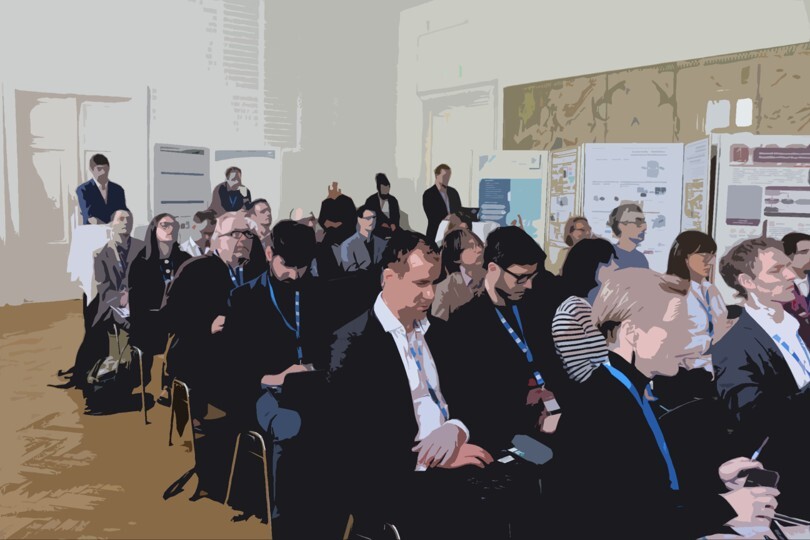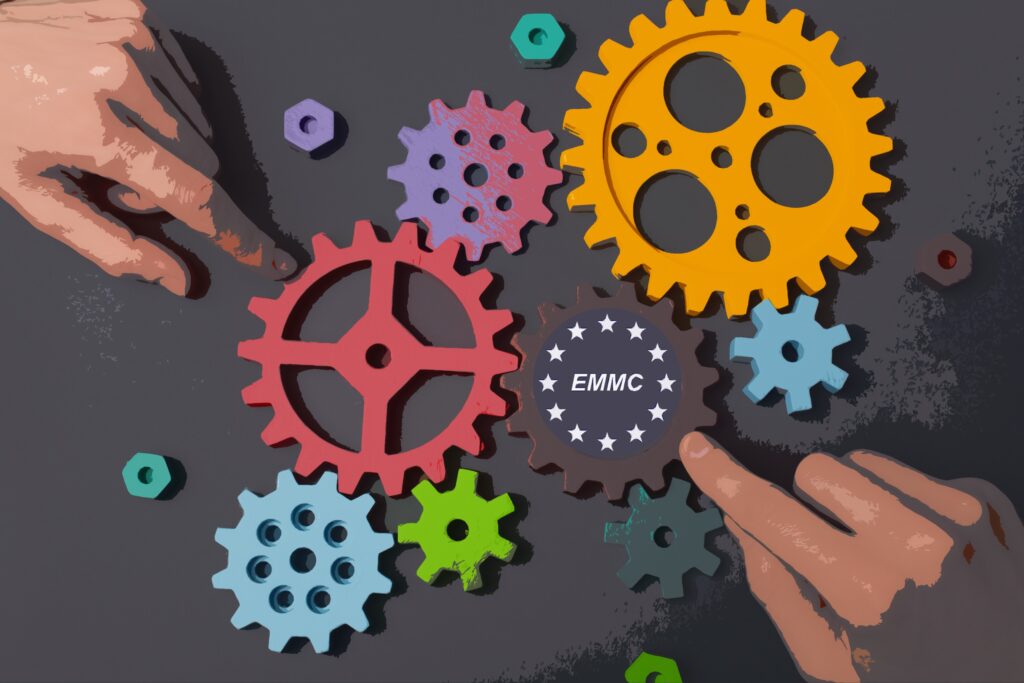Invitation
EMMC Organisational Member Materials Design would like to inform our members on their webinar “Accessing the Mesoscale with Phase-field Modeling” | NOV 18-20, 2025 with live Q&A Sessions.
Please choose a day and time that works for your schedule. The one hour webinar is repeated on various days and times to fit schedules worldwide.
Abstract
While atomistic modeling yields enormous insight into how interactions on the nanoscale shape macroscopic properties, a material’s behavior is often determined at the micrometer scale over seconds/years. Phase-field modeling provides access to simulating these length and timescales, allowing for investigations of mesoscopic interfaces, spinodal decomposition, and more! Together, we will explore hydrogen pickup and corrosion in zirconium as well as film growth via vapor deposition. With MedeA PhaseField, you not only have access to a powerful simulation tool, but with the whole MedeA Software Environment you can calculate the necessary parameters when desired from first-principles. Please join us to learn more about these powerful capabilities.
What You Will Learn
1. How phase-field modeling uses materials properties to simulate macroscopic behavior
2. How it can be used in real-world applications from phase decomposition and oxidation to film growth under vapor deposition
3. How to use MedeA PhaseField and its integration into the MedeA Software Environment allowing for multiscale modeling
Who Should Attend
This webinar is ideal for materials scientists, computational modelers, mechanical and chemical engineers, and researchers working in microstructure evolution, corrosion science, thin film growth, phase transformations, or multiscale modeling. Anyone interested in connecting atomistic and continuum-scale behavior to better understand and predict material performance over realistic length and time scales will benefit from attending.
Further information
Please find further information on the related event page of our partner.



